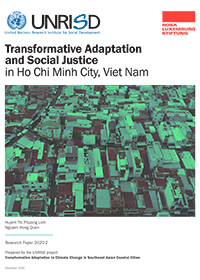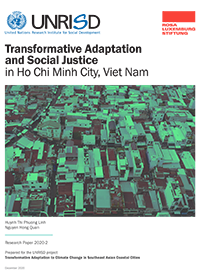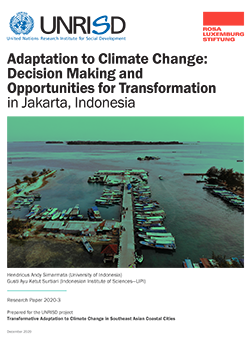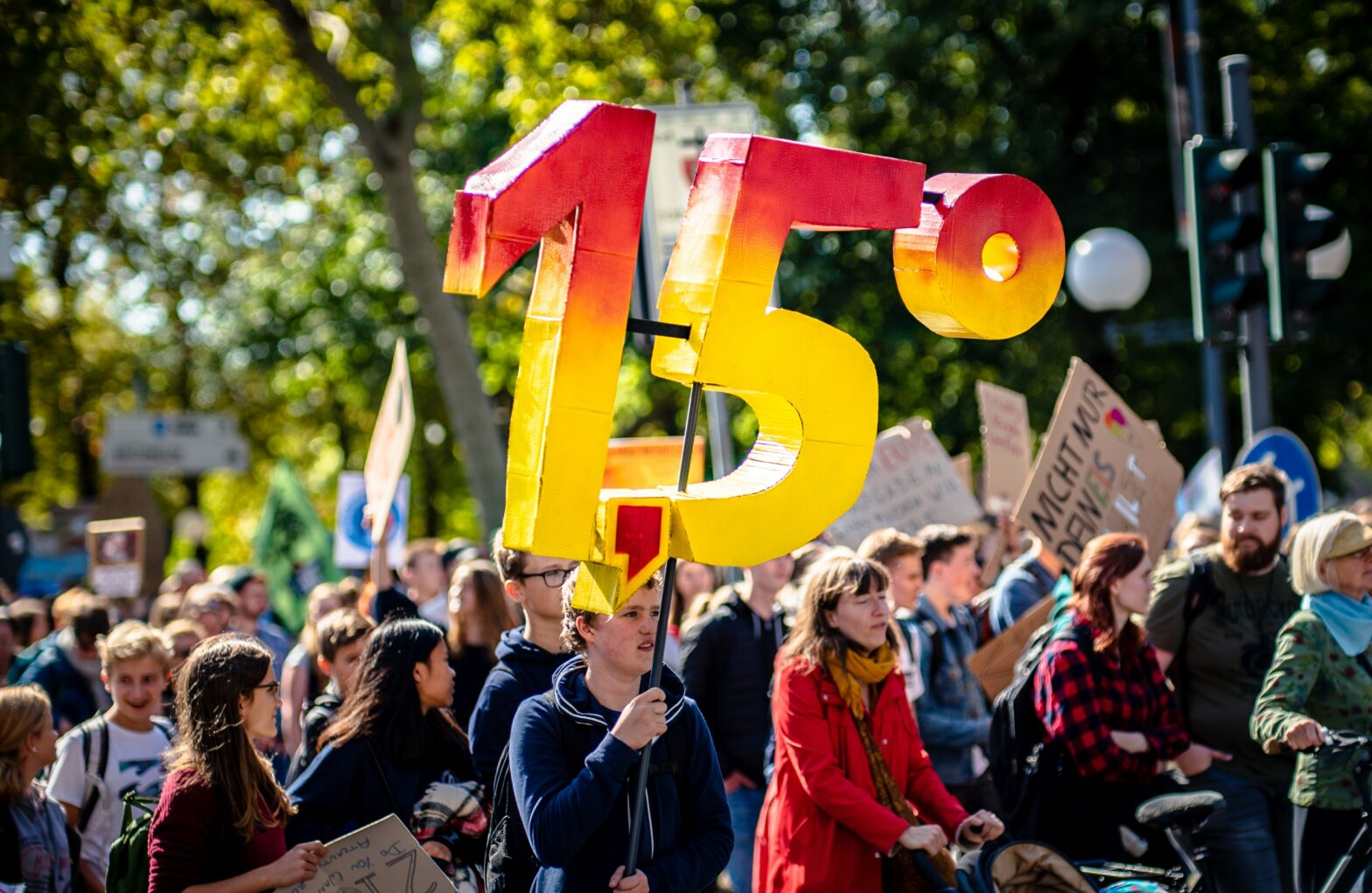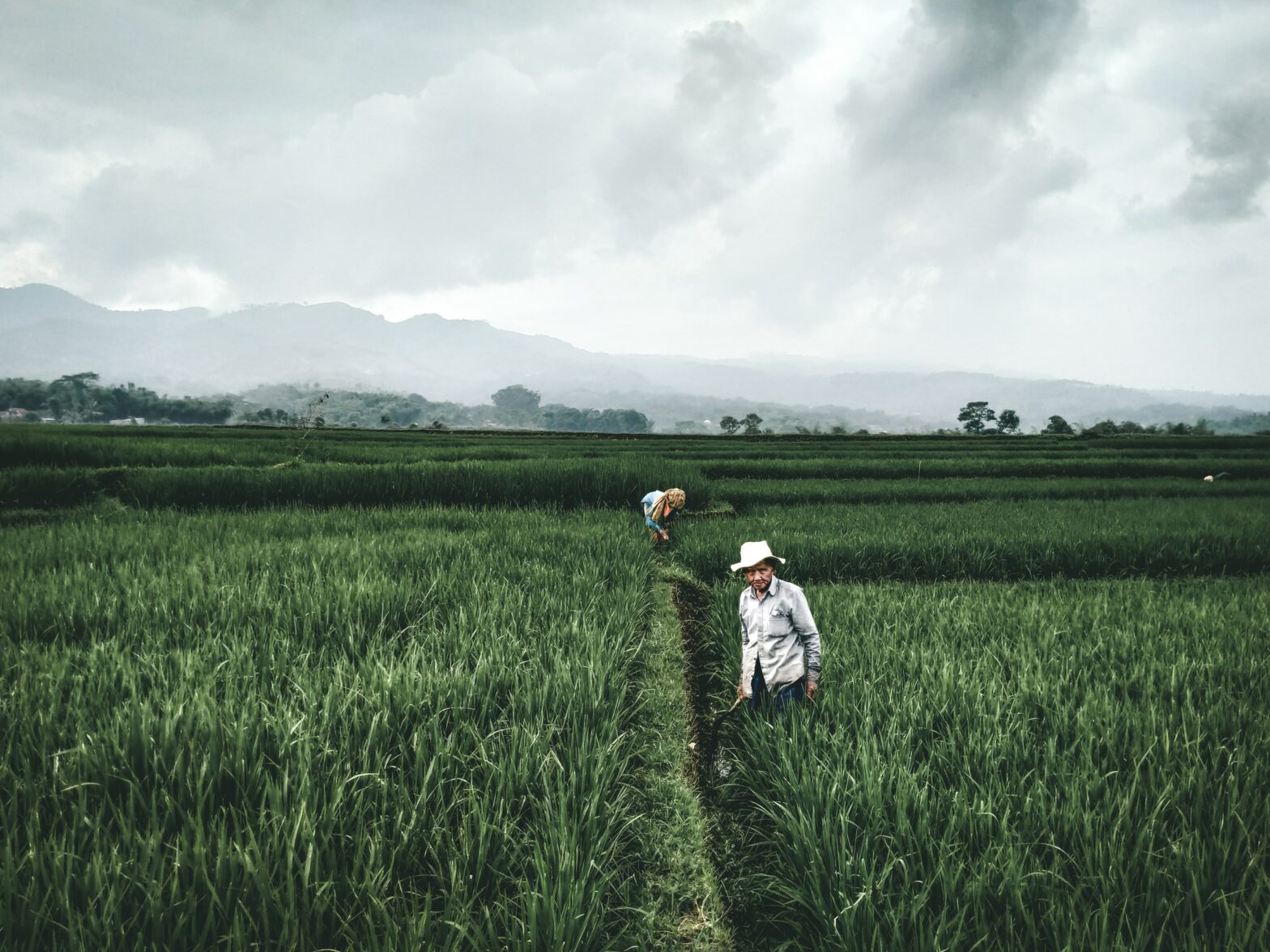Aktie Twitter Facebook Email Copy URL
Three case studies in the context of Southeast Asian coastal cities
Building on initial work on transformative adaptation carried out in 2018, the UNRISD (United Nations Research Institute on Social Development based in Geneva) project „Transformative Adaptation to Climate Change in Coastal Cities“ project will delve deeper into adaptation decision-making processes and barriers to transformative solutions in the case studies of Ho Chi Minh City, Viet Nam, and Jakarta, Indonesia, in order to inform more progressive policy making in the context of Southeast Asian coastal cities.
The research issue in context
Despite the knowledge of the scale and urgency of climate change, current climate action is insufficient to successfully tackle its impacts. Recognition of the problem is not translating into decisions that address root causes and promote transformative change and climate justice. Rapidly urbanizing coastal regions face the complex challenge of not only adapting to the increasing impacts of different hazards such as sea-level rise and urban flooding but also ensuring sustainable, low-carbon development . This project seeks to improve policy making and strengthen policy acceptance of transformative adaptation (understood as change that can overcome inequalities and root causes of vulnerability) in coastal cities, by conducting two case studies in Viet Nam and Indonesia.
Adaptation measures often focus on infrastructure-heavy protective interventions, such as dykes, sea walls and building retrofitting. By primarily targeting the exposure to hazards, such interventions reduce the likelihood of being affected by a flood or storm surge, but leave people vulnerable in case of infrastructure failure, for example should a dyke be breached. Such measures thus have little effect on inherent vulnerability in terms of reducing people’s susceptibility to harm or increasing their coping and adaptive capacities to natural hazards. Many adaptation interventions offer technical solutions to problems that are not technical in nature, neglecting the more complex socio-political barriers to transformative solutions.
Integrated solutions, transformative adaptation and more profound policy change are still scarce. Communities and policy makers are reluctant to pursue transformative shifts for a number of reasons, including the associated uncertainties and risks, lack of knowledge or capacities, or priority-setting that favours conventional solutions. These reasons are not sufficiently understood, however, and we need to identify what exactly hinders more transformative shifts both within different case study contexts and internationally (in view of cross-border impacts of climate change and response measures). While there are many advances in the science and theoretical understanding of adaptation, realities of adaptation are often constrained by the institutional and political context in which it takes place and that reproduces inequalities and power asymmetries.
Transformative Adaptation to Climate Change and Informal Settlements in Coastal Cities – Entry Points for Jakarta and Ho Chi Minh City
This paper investigates the framing of adaptation across different decision-making levels, the decision to relocate as part of adaptation, and adaptation planning processes. It also considers the role of planners and the participation of densely populated informal settlements, known as kampung, in such processes. Through this analysis, the authors hope to identify how Jakarta can adopt transformative adaptation and achieve social justice as it adapts to climate change.
Transformative Adaptation and Social Justice in Ho Chi Minh City, Viet Nam
This paper introduces governance and decision-making processes for urban development in Ho Chi Minh City and gives an overview of adaptation planning and strategies to deal with increasing levels of urban flooding. It provides a comparative case study of two urban upgrading projects that affected low-income dwellers in informal settlements. Through this analysis, the authors illustrate the complex socio-economic situation of project beneficiaries and impacted residents, as well as the social justice implications of adaptation policies, and hope to identify how Ho Chi Minh City can move toward more transformative adaptation.
Adaptation to Climate Change: Decision Making and Opportunities for Transformation in Jakarta, Indonesia
This paper explicitly posits social and environmental justice as an integral part of transformation and transformative adaptation, and synthesizes the findings from case study research that was undertaken on adaptation in the context of informal settlements and urban development in Ho Chi Minh City, Viet Nam and Jakarta, Indonesia. Both cities are emblematic for rapidly urbanizing coastal cities that are highly exposed to the increasing impacts of climate change. In both cities, climate change adaptation is increasingly mainstreamed into business-as-usual sectoral and socio-economic development planning and used to justify the relocation of residents of informal settlements. Through the comparative analysis of the two cases, the paper seeks to dissect and imagine how cities may address root causes of vulnerability to flood risks experienced by inhabitants of informal settlements. Through this analysis, the authors hope to initiate a debate on policy pathways to more transformative adaptation that achieves social justice.
